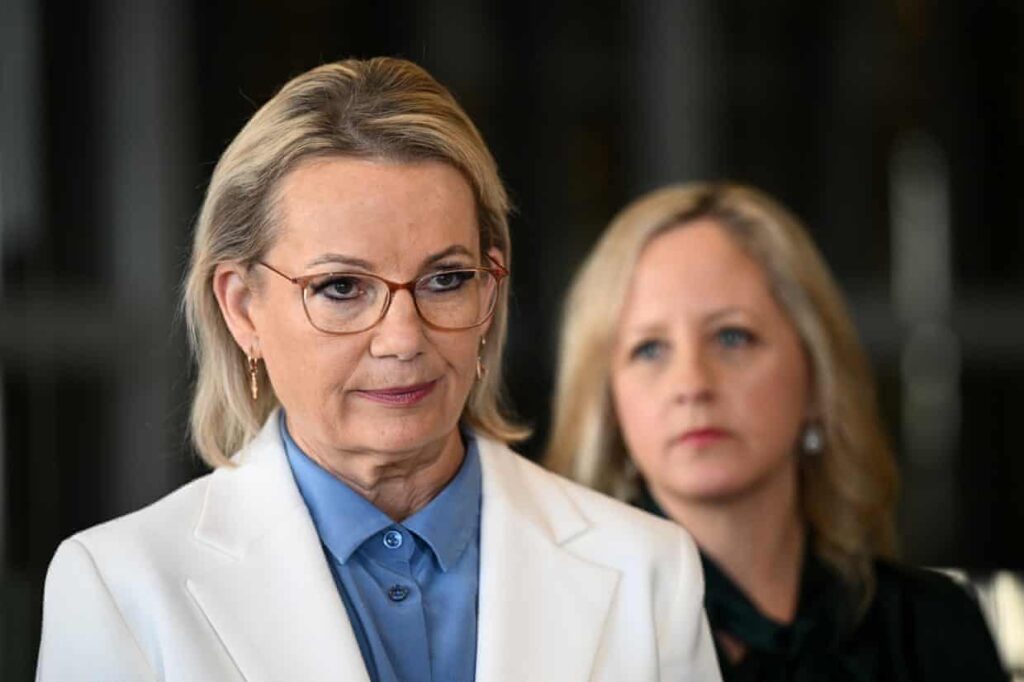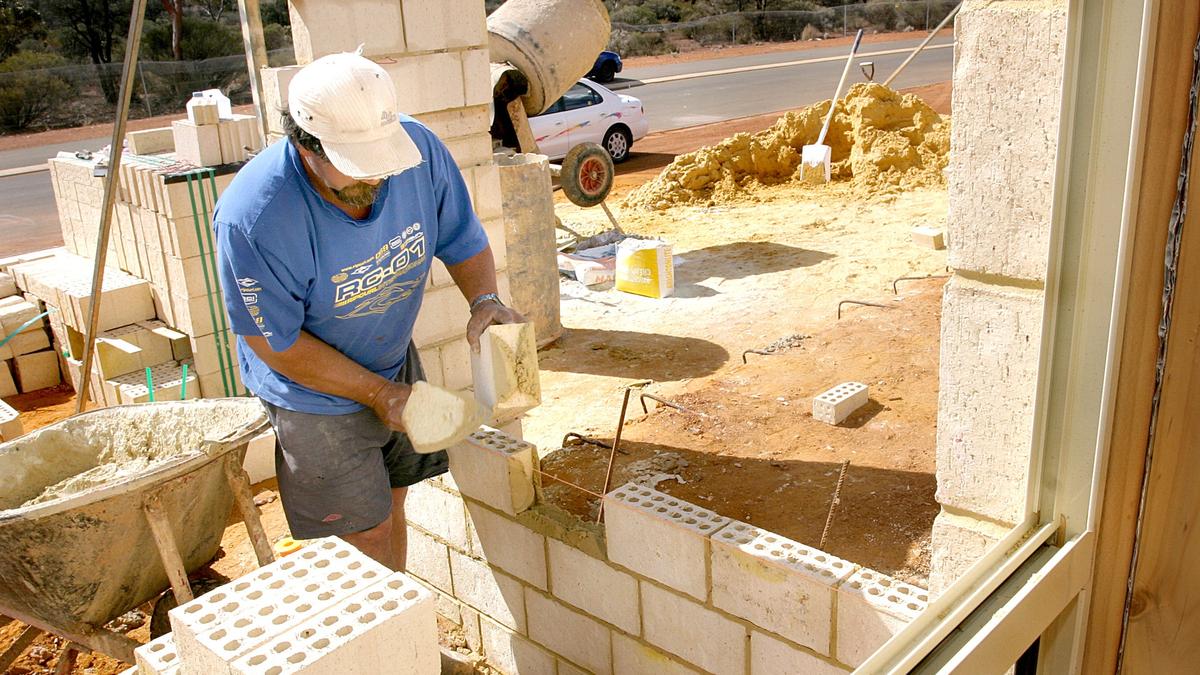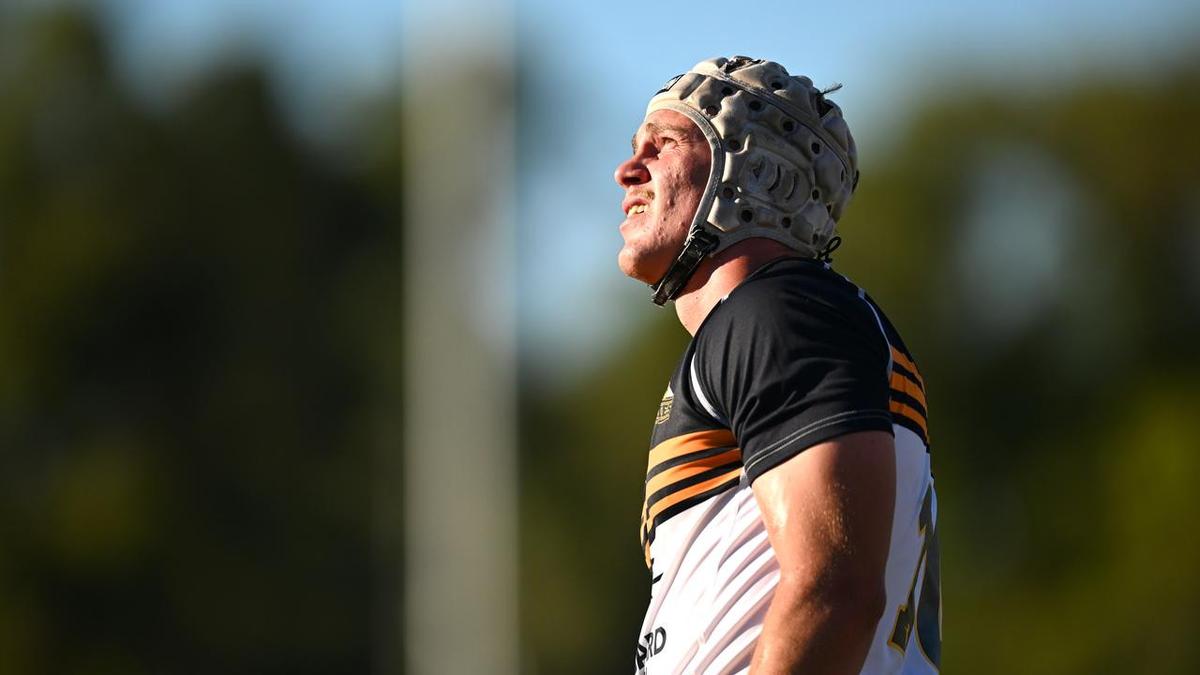
Hastie’s resignation was prompted by a series of controversial comments he made regarding immigration levels under the current government, which he claimed have resulted in Australians feeling alienated in their own country. Despite this, Hastie has stated that there is no immediate threat to Ley’s leadership.
The shake-up has raised significant concerns among Liberal MPs, who argue that Hastie’s exit could hinder their ability to effectively scrutinise government actions during the upcoming Senate estimates hearings. This includes inquiries into the government’s handling of the Optus communication outages and the return of Australian citizens who travelled to Syria, some of whom were associated with the Islamic State group.
Prime Minister Anthony Albanese has challenged claims that the government is facilitating the return of approximately 40 Australians from Syria, noting that some individuals from this group have already returned. The Coalition is preparing to focus on Anika Wells, the Communications Minister, regarding the handling of the Optus outages, as well as the government’s role in the repatriation efforts.
Speculation regarding potential reshuffles within the Coalition has emerged in the wake of Hastie’s resignation. Figures such as Senators James McGrath and Jane Hume, along with shadow ministers Julian Leeser and Jonathon Duniam, could benefit from this political realignment.
On Sunday, Victorian Liberal Sarah Henderson accused the party leadership of sidelining Hastie due to his immigration stance. She emphasized the importance of allowing backbenchers to voice their opinions freely, particularly on immigration, where she advocates for significantly lower intake levels.
Support for Hastie was also expressed by shadow communications minister Melissa McIntosh, who praised his contributions to the party and highlighted the need for prominent roles for capable MPs. She reiterated that immigration remains a pressing issue for many constituents.
Ley has previously criticized the government’s target of admitting 185,000 permanent migrants in the 2025-26 period, arguing that this figure is excessively high. This number remains unchanged from the previous financial year and is divided between skilled workers and family visas. Her supporters maintain that discussions regarding changes to migration policy should be conducted through the established opposition policy development framework.
To address internal party tensions, Ley may expedite discussions on the Coalition’s stance regarding a net-zero emissions target by 2050. This comes as some conservative members, including Barnaby Joyce and Matt Canavan, have called for a reevaluation of this commitment.
While conservative Coalition MPs have downplayed any immediate threats to Ley’s leadership, they have reiterated the importance of facilitating open dialogue among backbenchers on critical policy matters. The evolving dynamics within the Liberal Party signal potential challenges ahead as Ley navigates her leadership amid growing internal dissent.






